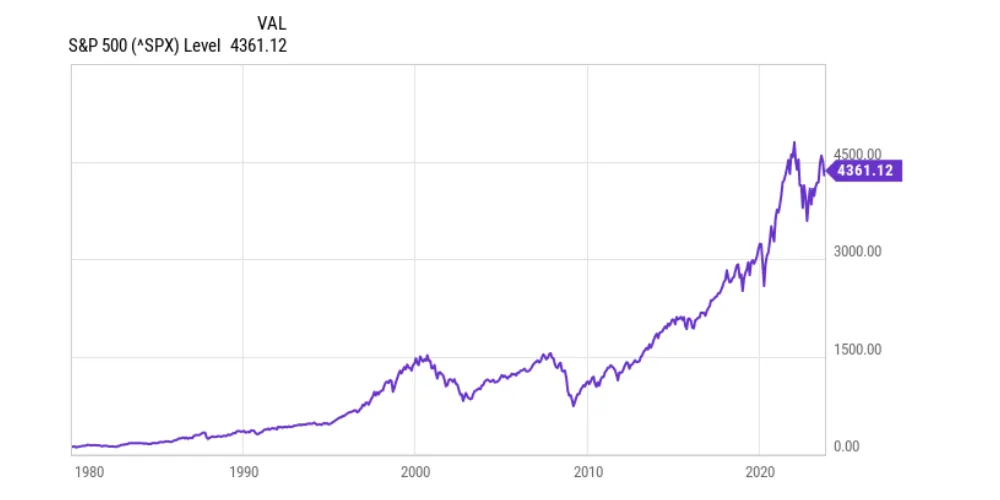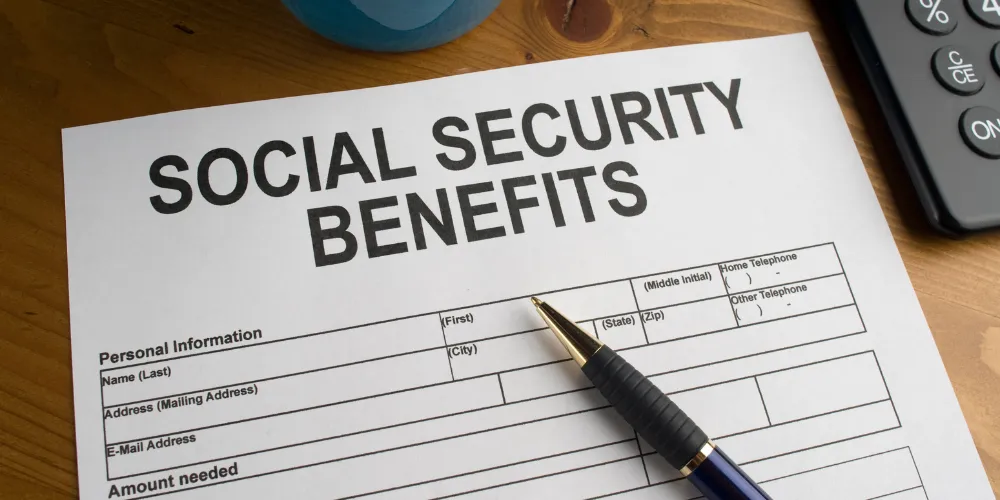Just because you’ve saved $500K, $1 million, or more doesn’t mean you’re safe from costly mistakes — especially when it comes to taxes in retirement.
It’s not just what you’ve saved — it’s how you use it, protect it, and pass it on.
Here are 5 tax mistakes that still trip up even the most financially prepared retirees — and how they can quietly drain your wealth over time.
1. Waiting Too Long to Plan for Required Withdrawals
If you have a traditional IRA or 401(k), the IRS will eventually force you to start taking money out — even if you don’t need it. These are called Required Minimum Distributions (RMDs), and they start at age 73 or 75 depending on your birth year.¹
• If you’re not prepared, these withdrawals can increase your taxable income and:
• Push you into a higher tax bracket
• Raise your Medicare premiums
• Increase the taxes on your Social Security benefits
Why this matters:
Understanding the rules early can give you more flexibility in how and when you take income. Many retirees wait until RMDs begin to take action — but by then, options are limited.

2. Skipping Roth Conversions Too Soon
Roth IRAs grow tax-free — and unlike traditional IRAs, you’re never forced to take money out. That’s why some retirees choose to move part of their IRA or 401(k) into a Roth. You’ll pay taxes on the amount you convert, but it can give you more control and lower taxes down the line.²
Converting small amounts in your 60s — especially before RMDs start — can help reduce the size of your future required withdrawals. That means fewer surprise tax bills later, and potentially smaller hits to your Medicare premiums and Social Security.
Why this matters:
Roth conversions are often skipped because they feel optional — but they can be one of the smartest ways to manage your income before RMDs take over. Done right, they can shrink future taxes, protect your benefits, and leave more behind for your family.
3. Only Taking Income from One Type of Account
Many retirees pull most of their income from just one account — usually their IRA — without realizing that using a mix of accounts might work better.
Most retirement plans include:
• Tax-deferred accounts (like IRAs or 401(k)s)
• Tax-free accounts (like Roth IRAs)
• Taxable accounts (like brokerage or joint accounts)
Using all three in the right way can help lower taxes and stretch your money further.³
Why this matters:
Pulling income from just one bucket can trigger bigger tax bills than necessary. Mixing withdrawals from different accounts gives you more control over your income and how much of it stays in your pocket.
4. Ignoring How Taxes Affect Medicare and Social Security
Many retirees don’t realize that earning more in retirement can mean paying more — for both healthcare and taxes.
Medicare premiums are based on your income from two years ago. So if you sell a rental property or realize a big gain, that one-time spike could push you into a higher premium bracket — potentially adding thousands to your annual costs.⁴
On top of that, up to 85% of your Social Security benefits may be taxable depending on how much income you report.
Why this matters:
When it comes to retirement income, it's not just what you earn — it’s what the government sees on paper. Knowing where the key income thresholds are, and planning your withdrawals around them can help you avoid unexpected costs and keep more of what you’ve earned

5. Leaving a Tax Bomb for Your Kids
Many retirees think they’re leaving behind a generous gift — but don’t realize the IRS often gets a large share unless the assets are structured wisely.⁵
Case example:
Let’s say you had $1.8 million in your IRA and left it to your two adult children. Great for them, right? Well, not exactly. Thanks to the SECURE Act, they’d be required to empty the account within 10 years. And if both are in their peak earning years, they could end up paying over 40% in combined federal and state taxes.
Why this matters:
Without planning, heirs may inherit not just your wealth — but your tax problem. Structuring your assets with legacy in mind can protect more of what you built.
Final Thought
You don’t need to be an expert in tax law — but you do need to know how these decisions can quietly affect your retirement outcome.
The biggest tax threats in retirement aren’t dramatic — they’re subtle. They happen over time. But when they hit, they can affect everything from your healthcare to your legacy.
With the right strategy and the right timing, most of these risks are manageable. And if you’re reading this now — that’s a strong start.
Sources:
IRS: Required Minimum Distributions
Congressional Research Service: Taxation of Retirement Income, 2023 – https://crsreports.congress.gov
Vanguard Research: Tax-Efficient Retirement Withdrawal Strategies – https://advisors.vanguard.com
Medicare.gov: IRMAA Premiums
U.S. Senate Finance Committee: SECURE Act Summary – https://www.finance.senate.gov
Editor’s Note: Investor’s Digest is an educational platform. This article is for educational purposes only and does not constitute financial, legal, or tax advice. Always consult with a licensed fiduciary advisor or tax professional before making investment or withdrawal decisions.

Your Shortcut to Financial
Clarity
Terms Of Use | Privacy Policy
Quick Links
Connect With Us
*InvestorsDigest.org is an educational platform dedicated to financial literacy. This content is for educational purposes only and does not constitute financial, legal, or tax advice.
We are not a registered investment advisor, broker-dealer, or financial planner. No specific investment product, strategy, or advisor is being recommended. We do not offer or sell securities or investment advisory services. Any financial professionals you may be introduced to are independently licensed and regulated. Results mentioned are illustrative and not guaranteed. Your situation may vary.
Past performance does not guarantee future results. There is no guarantee that any investment strategy or account will be profitable or will not incur loss. Investors should consider the investment objectives, risks, charges and expenses that make up this investment strategy carefully before investing. Investing involves risk, including the possible loss of principal. Share price, principal value, and return on investments will vary, and you may have a gain or a loss when you sell your investment.
Investor's Digest does not promise or guarantee any income or particular result from your use of the information contained herein. Under no circumstances will Investor's Digest be liable for any loss or damage caused by your reliance on the information contained herein. It is your responsibility to evaluate any information, opinion, advice or other content contained. All Content on this site is information of a general nature and does not address the circumstances of any particular individual or entity. Nothing in the Site constitutes professional and/or financial advice, nor does any information on the Site constitute a comprehensive or complete statement of the matters discussed or the law relating thereto. Investor's Digest is not a fiduciary or registered investment advisor. You alone assume the sole responsibility of evaluating the merits and risks associated with the use of any information or other Content on the Site before making any decisions based on such information or other Content. In exchange for using this website (https://investorsdigest.org), you agree not to hold Investor's Digest, its affiliates or any third party service provider liable for any possible claim for damages arising from any decision you make based on information or other Content made available to you through the Site.
This site is not a part of the Facebook™ or Instagram™ website or Meta Platforms, Inc. Additionally, this site is NOT endorsed by Facebook™ or Instagram™ in any way. Facebook™ and Instagram™ are a trademark of Meta Platforms, Inc.
